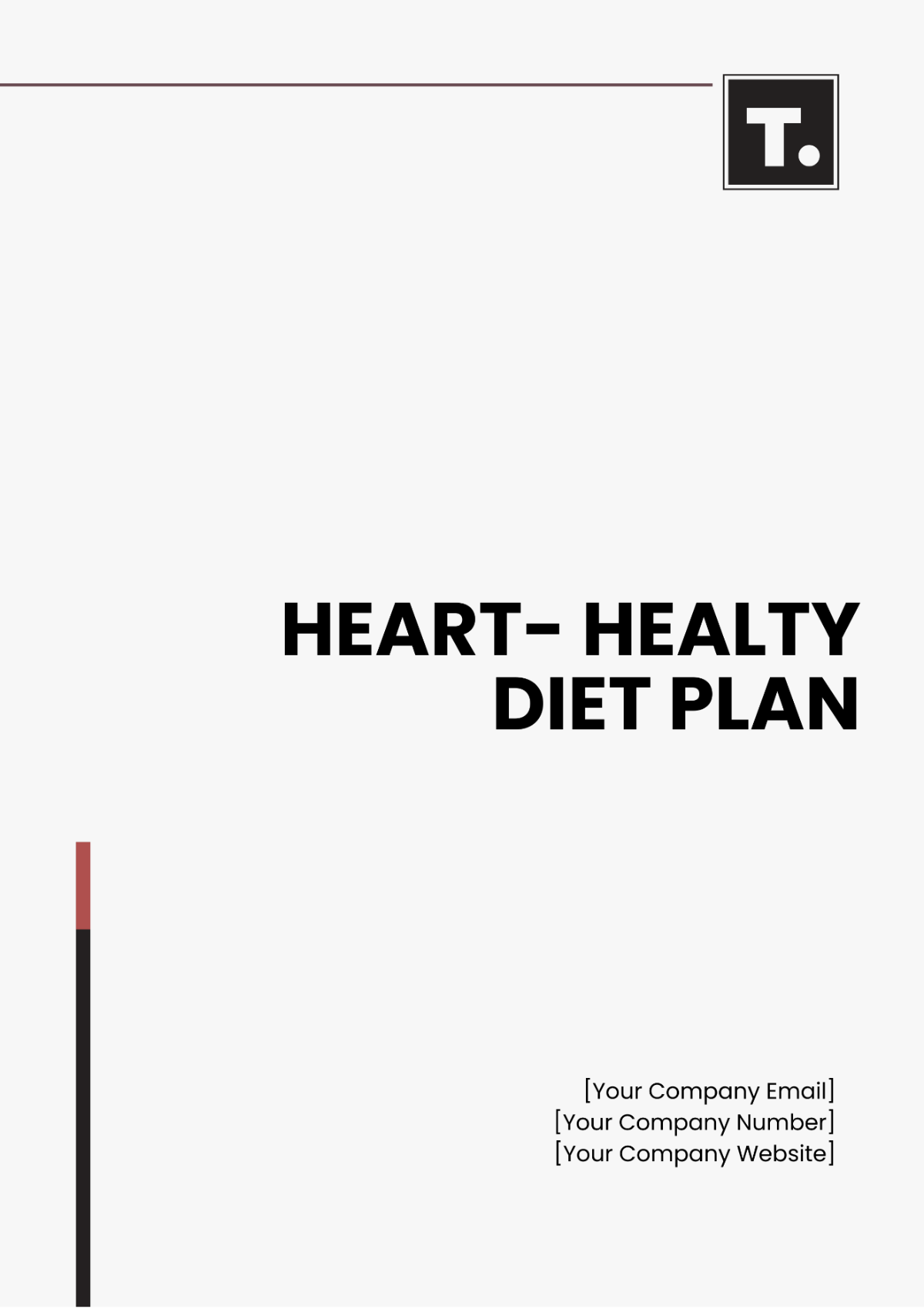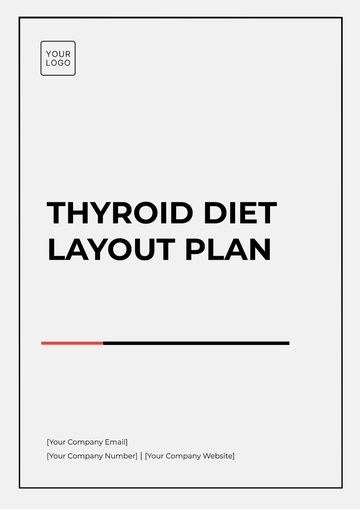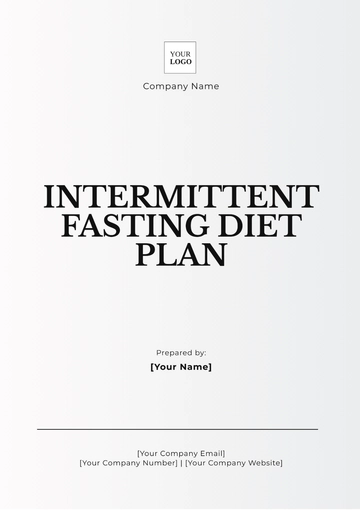Free Heart-Healthy Diet Plan

I. Introduction
The Heart-Healthy Diet Plan is designed to improve cardiovascular health, reduce the risk of heart disease, and promote overall well-being. This diet emphasizes the consumption of nutrient-rich foods that support heart function and reduce cholesterol levels.
II. Key Principles of a Heart-Healthy Diet
A. Emphasize Fruits and Vegetables
Incorporate a variety of colorful fruits and vegetables into your meals. Aim for at least five servings per day to ensure you get enough vitamins, minerals, and antioxidants.
B. Choose Whole Grains
Opt for whole grains over refined grains. Whole grains contain more fiber and nutrients, which can help reduce cholesterol levels and improve heart health.
Whole wheat bread
Brown rice
Quinoa
Oats
C. Select Healthy Proteins
Focus on lean protein sources such as fish, poultry, beans, and legumes. These foods provide essential nutrients without the added saturated fats found in red meats.
D. Limit Unhealthy Fats
Reduce intake of trans fats and saturated fats, which are found in processed foods and fatty cuts of meat. Instead, incorporate healthy fats such as those found in olive oil, avocados, and nuts.
E. Reduce Sodium Intake
Excess sodium can lead to high blood pressure. Limit consumption of salty snacks and processed foods. Cook with herbs and spices to add flavor without the salt.
III. Sample Heart-Healthy Meal Plan
Meal | Menu |
|---|---|
Breakfast | Oatmeal topped with berries and a sprinkle of nuts |
Lunch | Grilled chicken salad with assorted vegetables and a vinaigrette dressing |
Dinner | Baked salmon with quinoa and steamed broccoli |
Snacks | Sliced apple with almond butter, carrot sticks with hummus |
IV. Tips for Success
Implementing a heart-healthy diet can be challenging but with these tips, you can make it easier:
Plan your meals ahead of time to ensure you have heart-healthy options available.
Read nutrition labels to make informed choices about the food you purchase.
Stay hydrated by drinking plenty of water throughout the day.
Incorporate physical activity into your daily routine for overall cardiovascular health.
V. Conclusion
Adopting a heart-healthy diet is a crucial step towards improving your cardiovascular health and reducing your risk of heart disease. By emphasizing fruits, vegetables, whole grains, and healthy proteins while limiting unhealthy fats and sodium, you can make a significant impact on your heart health.
VI. References
American Heart Association. (2051). Dietary Recommendations for Healthy Children. Retrieved from https://www.heart.org
Mayo Clinic. (2052). Heart-Healthy Diet: 8 Steps to Prevent Heart Disease. Retrieved from https://www.mayoclinic.org
- 100% Customizable, free editor
- Access 1 Million+ Templates, photo’s & graphics
- Download or share as a template
- Click and replace photos, graphics, text, backgrounds
- Resize, crop, AI write & more
- Access advanced editor
The Heart-Healthy Diet Plan Template, offered by Template.net, provides an easy-to-follow guide for nutritious meal planning. This fully customizable and printable template is designed to support heart health with balanced food choices. It’s also downloadable and editable in our AI Editor Tool, allowing you to tailor it to your specific needs for a personalized diet plan.





























